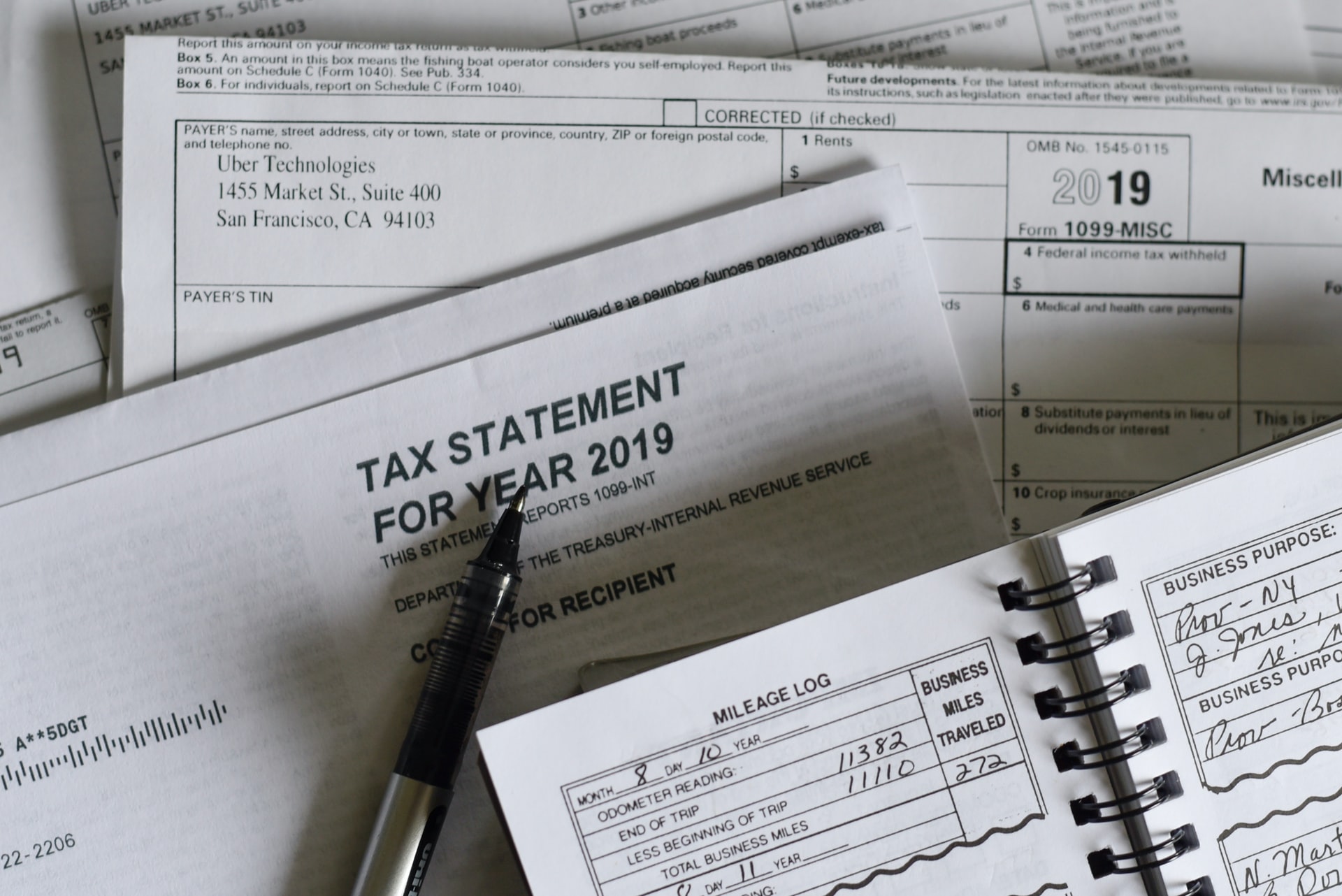Whether it’s via direct communication or information on their website, HMRC tries to make it as easy as possible to comply with their guidelines. However, each and every year, they continue to collect billions of pounds from business, in fines, penalties and unpaid tax. Interestingly, the majority of investigations conducted are into smaller businesses and sole traders.
The likelihood is that smaller companies and self-employed individuals make up the majority of rule-breakers because they have less experience with the system and fewer resources to fall back on in the event of an investigation. Unfortunately, smaller businesses and sold traders are also more likely to suffer potential damage from fines, in comparison with larger, more robust companies.
With so many small business owners needlessly losing money to fines, what are the best ways in which to remain HMRC compliant?
Intent
Obviously, when it comes to missing a deadline or losing a piece of evidence, it’s an innocent mistake. However, unpaid taxes can be a bit trickier in terms of intent. We know there are problems with companies and sole traders intentionally manipulating their finances in order to evade paying taxes. There are also businesses that are not registered with HMRC and simply don’t pay tax at all.
In circumstances such as these, some businesses are intentionally avoiding paying their taxes; however, the vast majority of unpaid tax happens due to unintentional mistakes. Whether it’s not understanding the system fully, poor bookkeeping, lost invoices or simply pressing the wrong button- errors can and do happen. These mistakes are innocent, but they can still lead to investigation and penalties and therefore, should be avoided.
Research
Self-assessment can be complex, especially for those who are newly self-employed. However, there is a plethora of information available. The HMRC website has a wealth of knowledge, including what is expected of them and most importantly, what is expected from businesses and sole traders. This includes information on deadlines, tax boundaries, what information you will need to provide and any evidence that should be collected. It may seem like an obvious point, but the best way in which to remain HMRC compliant is to research exactly what the process entails and follow it accordingly.
If there is any information that you are unsure on or you need further explanation, you can also contact HMRC directly for further help.
Organise
Many of the mistakes that lead to investigations or penalties are due to a simple lack of organisation. This is completely understandable; business owners invest all of their time into the day to day running of their businesses and other sometimes other responsibilities can fall by the wayside. One of the most common mistakes is to leave everything until the last minute, piling on the pressure, which inevitably leads to problems.
To avoid any potential mistakes and therefore, fines, aim for a more consistent approach throughout the year. Make sure to complete any relevant bookkeeping as and when you need to, rather than letting it build up. Have a dedicated drawer or folder for evidence, whether that be invoices, receipts or information on expenses. Most importantly, complete self-assessment well ahead of the deadline to avoid any last-minute mistakes.
Outsource
Large companies have the luxury of entire departments and staff dedicated to finance and taxes. Small businesses and sole traders don’t have this luxury and therefore often attempt to do everything singlehandedly- which can lead to problems. However, there is another option available for those who don’t have the time, resources or expertise to tackle their HMRC obligations- outsourcing to an accountant.
Accountants have a wealth of experience with HMRC and know the exact pitfalls to avoid. Leaving your finances in the safe hands of an expert can provide peace of mind, allowing you to focus on other aspects of the business. Furthermore, if you do have any issues with HMRC, such as an investigation, accountants are the best people to consult on how to progress.
















